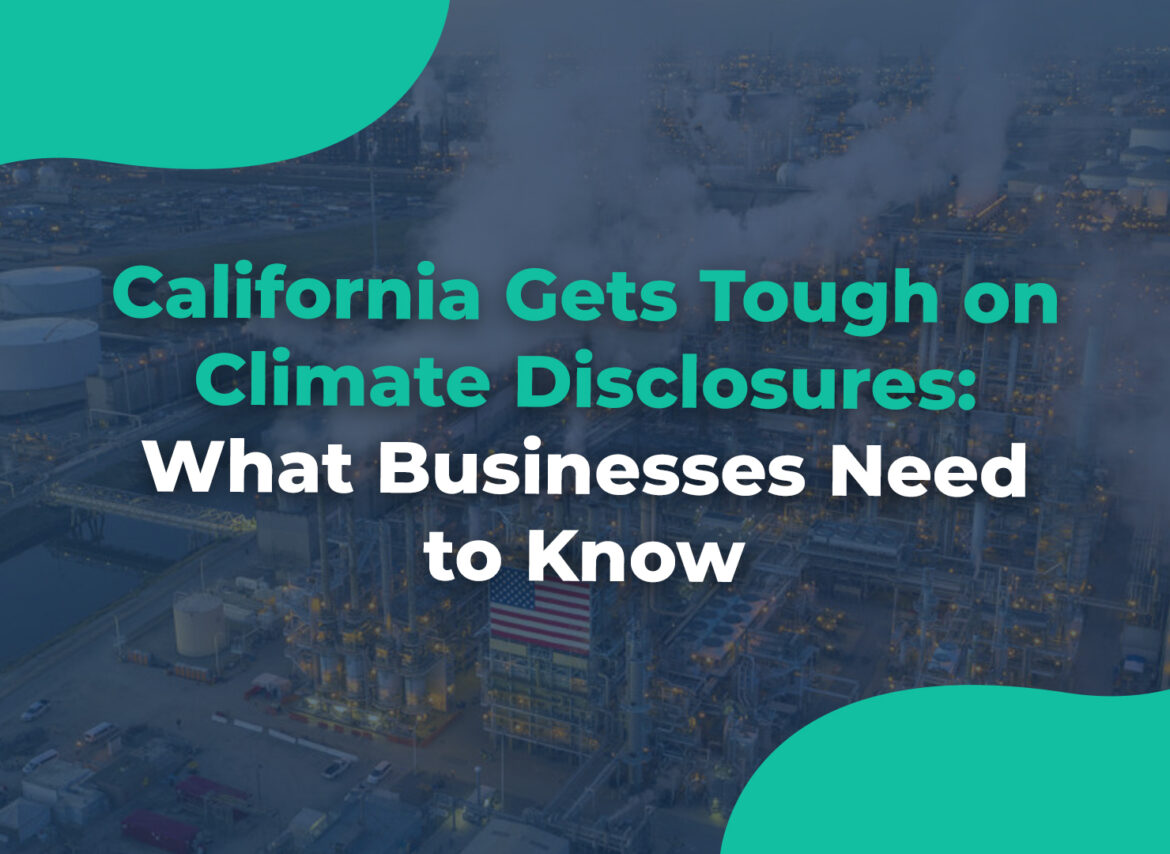What’s at Stake?
Climate change is a pressing issue with devastating consequences. California, already grappling with wildfires and droughts, recognizes the urgency of taking action. SB 253 and SB 261 aim to achieve this by:- Shining a light on emissions: Businesses with over $1 billion in revenue will be required to disclose their greenhouse gas emissions (GHG) in detail, including hard-to-track “scope 3” emissions that occur throughout their supply chains.
- Assessing climate risk: Businesses with over $500 million in revenue will need to report on the financial risks they face due to climate change, along with their strategies for mitigation.
Why Does This Matter?
These new laws have far-reaching implications:- Increased pressure for decarbonization: By forcing businesses to quantify their carbon footprint, California is pushing them to reduce emissions. Consumers and investors can now hold companies accountable.
- Enhanced investor protection: Transparency regarding climate-related financial risks allows investors to make informed decisions and avoid potential losses.
- A global ripple effect: As California goes, so goes the world. These laws set a precedent for stricter climate regulations across the globe.
Key Differences from Proposed Federal Regulations
While the SEC is considering similar climate disclosure rules, California’s laws have some key differences:- Scope of Emissions Reported: California requires reporting of all three scopes, while the proposed SEC rule focuses on scopes 1 and 2.
- Company Applicability: California’s laws apply to both public and private companies, while the SEC rule is limited to publicly traded companies.
Getting Ready for Reporting
The first reports under these new laws are due in 2026. Businesses affected by these regulations should take action now:- Develop a Climate Disclosure Action Plan: Start gathering emissions data and identify areas for improvement.
- Ensure Data Accuracy: Implement rigorous internal controls to guarantee the accuracy and traceability of your emissions data.
- Consider Third-Party Assurance: Both laws require independent verification of emissions data for large companies.
- Invest in technology: Utilise tools like carbon accounting platforms to streamline data management and reporting.
- Start now: Gather emissions data for 2025 to meet the 2026 reporting deadline.






